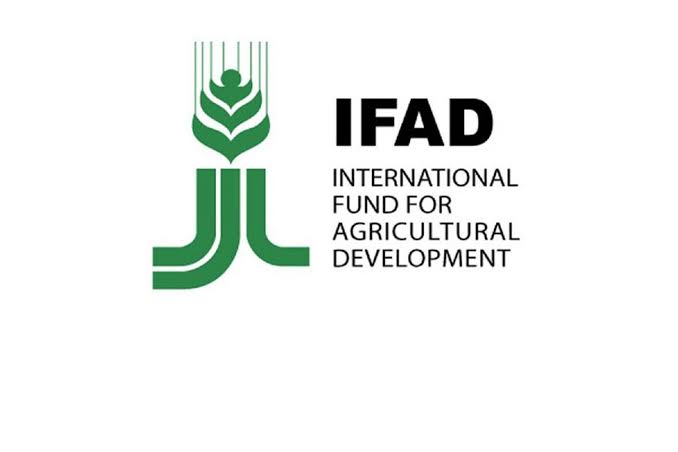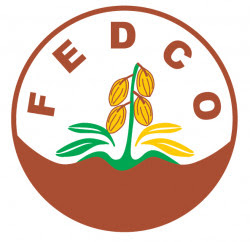The International Fund for Agricultural Development (IFAD), in an effort to reduce poverty in Nigeria, has enrolled and trained 920 individuals on cassava, cocoa, fishery and poultry production and management in Ondo State.
IFAD, an initiative of the International Fund for Agricultural Development Livelihood Improvement Family Enterprises in Niger Delta (IFAD/Life-ND) project, meant to tackle food insecurity, create jobs and boost the economy of Nigeria.
The State Project Coordinator, Mr. Ademola Olawale, speaking during a media summit held in Akure, the state capital, at the weekend, said the project was initiated and funded to create employment, income generation and to ensure the sufficiency of food, adding that it targets youths (18-35 years) and women (from women head-households with children under 15 years) as apprentices who will come out of the incubation system with their own profitable enterprises and decent job.
He said the programme covers 10 local government areas with 10 communities per LGA in the state, who were selected based on ‘defined’ criteria in consultation with appropriate authorities.
Ademola, represented by the state Rural Institution Gender Youth Officer, Mrs. Ajibade Bolanle, said: “It is being implemented in the nine Niger-Delta states, and became officially effective on February 21, 2019. The Federal Government of Nigeria has partnered the IFAD to finance the implementation of the project. Ondo State was prioritised based on the previous outstanding performance in the defunct IFAD – funded Community Based Natural Resource Management Programme (CBNRMP)
“The project overall goal is to realise transformed rural economy in which the rural population can derive prosperity and equal benefits while the project development objective is to enhance income, food security and job creation for rural youths and women through agro-enterprise development on a sustainable basis in the Niger Delta region.
“The federal government/IFAD/LIFE-ND is a project that directly supports the Nigeria’s agricultural policy and the strategic framework for youth employment and job creation. We are supporting and empowering the youths in the area of agribusinesses, cocoa production, cassava, poultry and fish. We don’t just stop at production, it cuts across all the value chains that are existing within each commodity or enterprise.”










